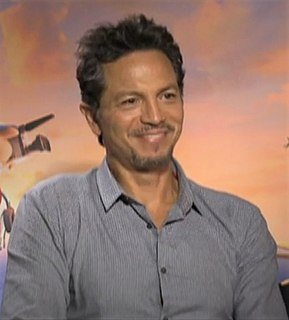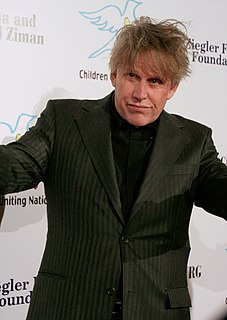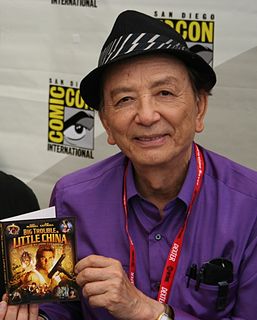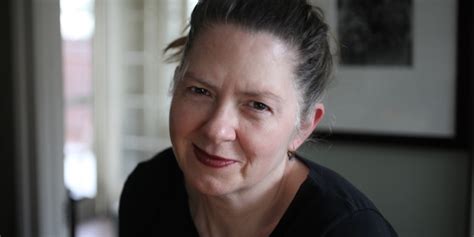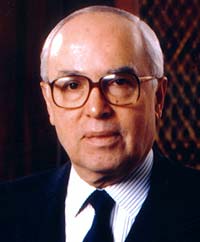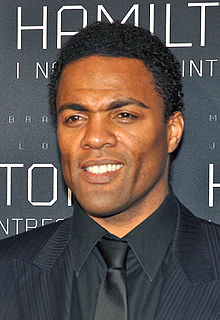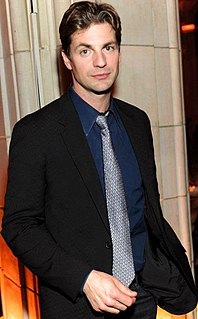A Quote by Riz Ahmed
Rehearsing a scene beds a role into you. But sometimes, if you over-rehearse it without unearthing any new meaning in it, you can suddenly forget your lines. You realise that you are on a stage, not in the real world. The scene's emotional power, and your immersion in it, disappears.
Related Quotes
Well, for me, the real excitement of doing physical things in films, whether you're talking about a fight scene or a stunt sequence or even a love scene, for that matter, is by necessity it has to be choreographed very much like a dance. That being said, you have to rehearse it over and over again and find a mathematical precision.
The stage is the opposite: you are talking loud so you can project to the back row and you know the whole play. In a movie, you are scene-to-scene; you only know the purpose of that scene. On the stage, that is artistic science. It is real, it is loving, it is truthfully you. It is two different formulas to make two different art pieces, but it is all about truth.
Definitely as an actor, the experience you have, at least I'm talking for me, my experience as an actor is you go to the set and know what you're going to do, know your lines, you rehearse, you do your scene, you go back home. As a producer, for the first time I saw the whole picture in a completely different way.
You are preparing yourself for a scene, and the most important thing is to remain emotionally available and remain in the moment with your scene partner. You don't want to let your own self-consciousness block the flow of creativity that's coming out so that you can act and react, and play what the scene is all about.


